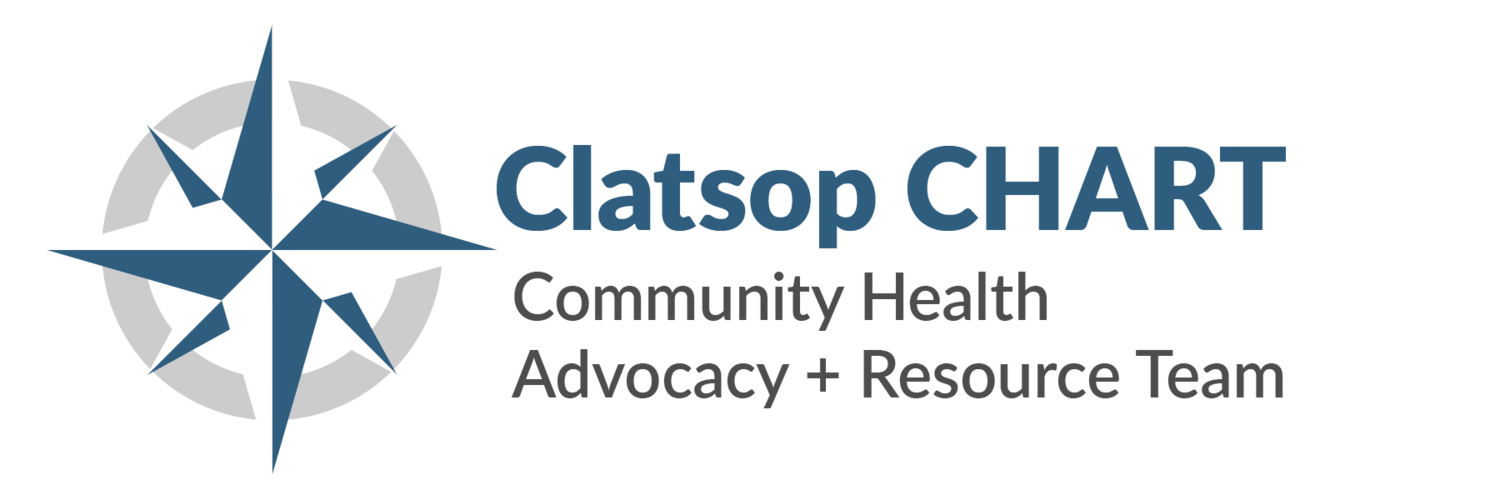-

Kim Tham, MPH
Kim Tham is a health equity professional whose work centers on strengthening public health protections and community resilience to systemic environmental challenges, like climate change. She manages the Environmental Assessment Unit, which includes the Climate and Health program, at the Oregon Health Authority. Kim has eight years of public health experience working at federal, state, and local public health agencies in advancing inclusive community health policies and programs. Recently, Kim has served on response teams for the COVID-19 pandemic and the 2020 wildfires, working with community and agency partners to strengthen disaster resilience across Oregon. She has a Master of Public Health (MPH) in Environmental and Occupational Health and Bachelor of Science (BS) in Biosystems Engineering, both from the University of Arizona.
-

Nicole Errett, PhD, MSPH
Dr. Nicole Errett is an Assistant Professor in the Department of Environmental and Occupational Health Sciences at the University of Washington. Her research focuses on the development, implementation and health impacts of policies and programs that aim to build resilience in the context of public health emergencies, disasters and climate change. She works closely with public health practitioners, emergency managers, community-based organizations, and others to design and implement policy-relevant research that contributes to real-world solutions for pressing disaster, climate and health problems. Her research leverages qualitative and survey methods, and she frequently collaborates on interdisciplinary teams.
-

Erica Fleishman, PhD, MS
Erica Fleishman is director of the Oregon Climate Change Research Institute (OCCRI) and a professor at Oregon State University. She holds a B.S. and M.S. in Biological Sciences from Stanford University and a Ph.D. in Ecology, Evolution, and Conservation Biology from University of Nevada, Reno. Her research group examines responses of animals and plants to changes in climate and human activities in the Intermountain West and California. Erica also contributes to research and practice on conservation of private land under the US Endangered Species Act.
-

Eryn Domeyer, Tre-Fin Foods
Tre-Fin Day Boat Seafood is a fisher and processor bringing our local seafood to market in a unique way. We started as Day Boat tuna fishers bringing hook and line caught albacore back to port within 24 hours. Based in Ilwaco, WA, our small team now fishes and purchases local seafood year round, both albacore and healthy seasonal groundfish stocks (black cod, halibut, ling cod, rockfish, petrale sole, skate wing). We follow the same Day Boat protocols, including hand-cutting the fish in our own certified processing facility.
Unlike most other fishers, we manage our entire supply chain: we catch, process and distribute our product. We believe that frozen is the best option for fisheries, fishers, the environment and eaters.
Our business model is founded on practices and principles that are better for fishers and fisheries, the environment and consumers. Through a supply chain that is completely transparent and that we control ourselves (because we are fishers, processors and distributors, all in one), we can account for the journey of our seafood from water to table.
Eryn is a partner with her husband, Mike Domeyer, in Tre-Fin. She holds a Master’s degree in Education and has a background in Special Education. Eryn runs the Farmer’s Market program, handles the back end of operations, and administrative tasks for the company. When time allows she jumps on the boat, as well.
-
Teresa Retzlaff, 46 North Farm
46 North Farm is committed to the belief that everyone should have access to responsibly grown plant starts, flowers, and food. We don’t think the land and wildlife should suffer as a result, though. We farm on only a few of our 18 acres and leave the rest open for wildlife and pollinator habitat.
We do our best to source inputs, soil, seeds, fertilizers and amendments that comply with organic requirements, but we have chosen not to go through the organic certification process. We believe it is more important for our community to know that we are local and can be contacted directly with questions about how any plant is grown and harvested
-

Jessika Tantisook, North Coast Food Web
Jessika has been serving as North Coast Food Web's Executive Director since 2017 and has led the organization's in supporting local farm and food businesses and increasing local food access for low-income community members. Currently, North Coast Food Web runs a year-round online marketplace, provides business support services for beginning and small food businesses and operates a sliding scale fee commercial kitchen rental program.

